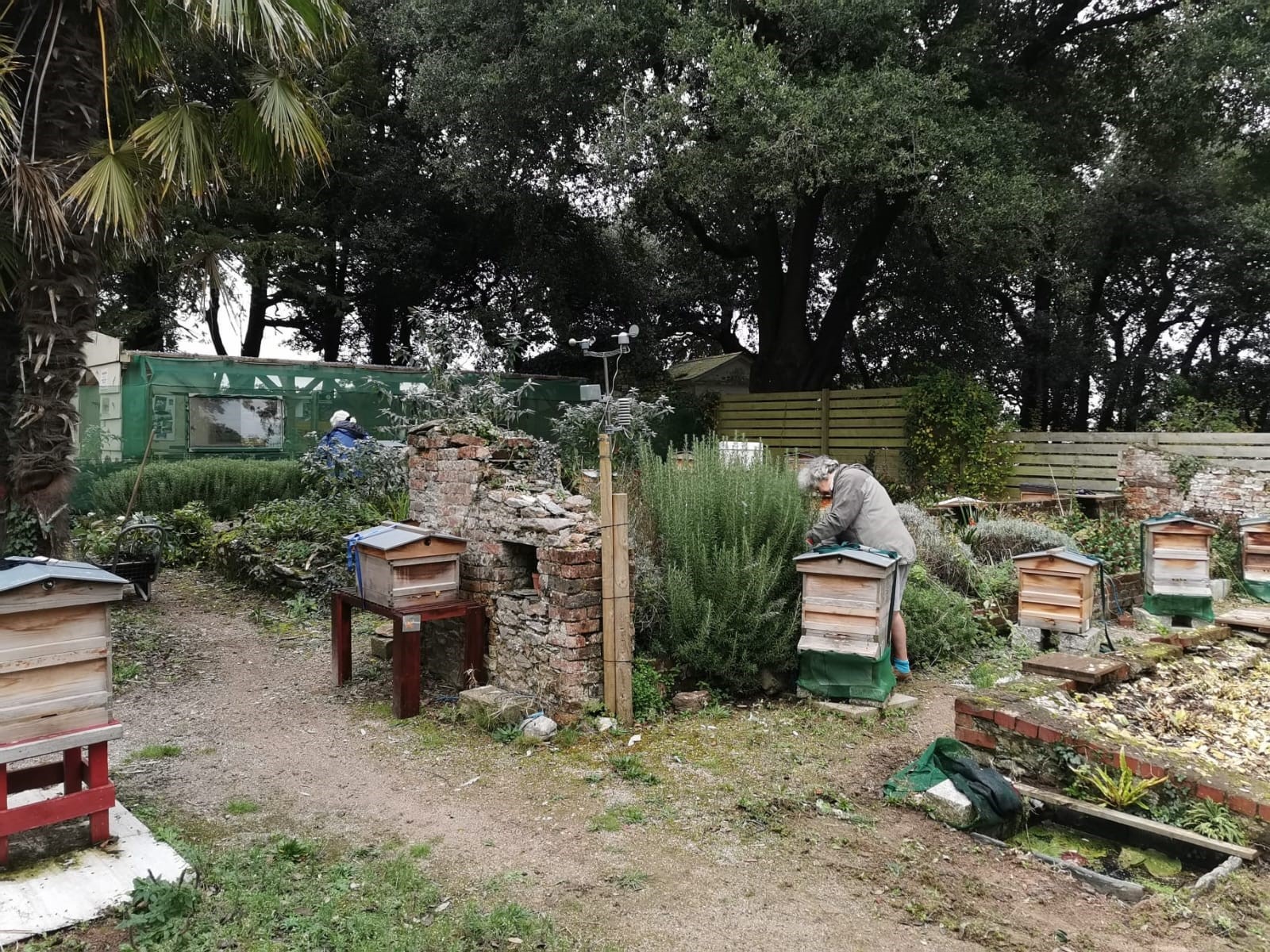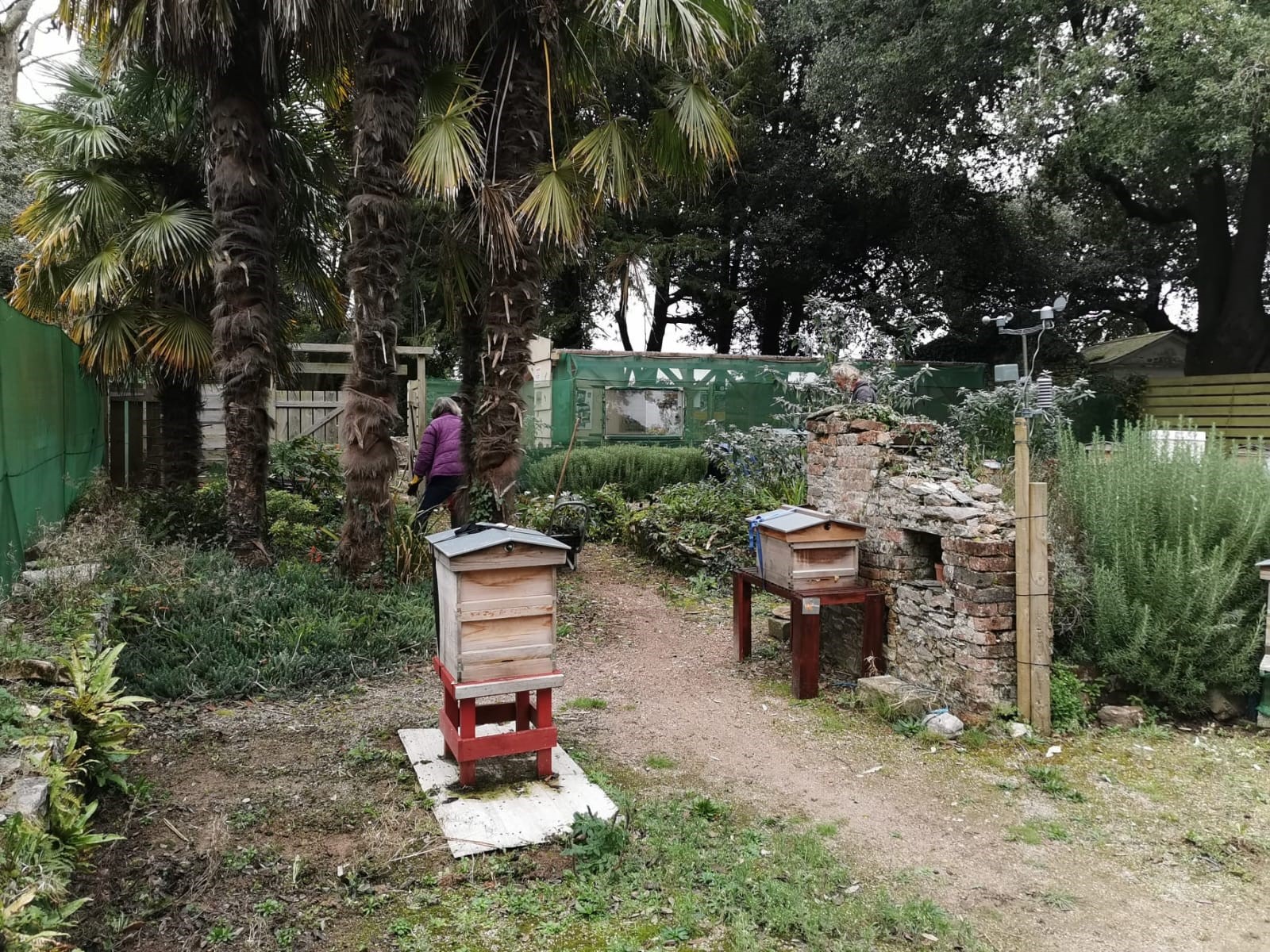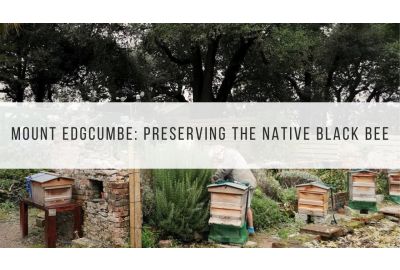Did you know that 20th May is World Bee Day?
World Bee Day aims to raise awareness of the importance of pollinators and the threats they face today. It encourages us to think about the habitat of pollinators, and how we can improve the conditions for their survival so that bees and pollinators may thrive.
The date for World Bee Day was chosen as it is the estimated birth date of Anton Janša, a pioneer of modern apiculture. Janša came from a family of beekeepers in Slovenia, where beekeeping is an important agricultural activity with a long-standing tradition.
The theme for World Bee Day 2023 is ‘Bee engaged in pollinator-friendly agricultural production’, which calls for global action to support pollinator-friendly agricultural production.
On a similar theme, ‘No Mow May’ is an annual campaign that calls on garden owners and green space managers not to mow during the month of May, therefore providing more spaces and food sources for all pollinating insects.
Here in the UK, May is a busy time for beekeepers as they tend to their bees and watch them progress into strong colonies.
As a company that manufactures Massage and Reflexology Waxes containing beeswax, we’re acutely aware of the need to protect bees and preserve their important contribution to the natural world.
Something we have a particular interest in here at Songbird is the preservation of native British bees. The Black Bee (also known as the European Dark Honey Bee) is the UK’s original native honey bee. A distinctly hardy bee, it was the dominant honey bee in the British Isles since the last Ice Age, with an excellent ability to thrive in all kinds of weather, adapt to our changeable and unpredictable climate, and produce enough honey to survive the winter even in poor summers. However, the Black Bee almost faced extinction when it was discovered to be susceptible to viruses associated with the importing of non-native bees.
Despite being endangered, the Black Bee’s hardiness and resilience means it is still with us today, albeit in much smaller numbers. Its genes are also in most of our more modern-day honey bees.
Within the last decade, a number of key sites in the South West of England were found to have distinctive and almost pure populations of the Black Bee, which triggered a response to protect and conserve colonies of Black Bees in Britain.
One such conservation project is the Mount Edgcumbe Black Bee Reserve at Mount Edgcumbe House in Cornwall. The reserve, which launched in 2017 and was the first of its kind in England, aims to protect and improve the indigenous stock of these rare bees as part of a specialist breeding programme. Thankfully, the Black Bee has been found to be thriving in Mount Edgcumbe Park and the surrounding Rame Peninsular.
The Mount Edgcumbe Black Bee Reserve was opened by Sir Tim Smit, who helped create the Lost Gardens of Heligan and the Eden Project. It was brought about by the Community Interest Company ‘B4’ (Bring Back Black Bees), which works to protect the native Black Bee, and has overseen their introduction at the Eden Project, Lost Gardens of Heligan and Paignton zoo in addition to the Mount Edgcumbe country gardens. A very informative short video with Tim Smit explaining the importance of the Black Bee conservation work can be found here.
A year ago, members of the Songbird team visited the Mount Edgcumbe Black Bee Reserve to see their conservation efforts first-hand. The reserve combines bee hives with a covered observation centre, allowing members of the public to safely view the hives, along with education material to read about these native bees. There is also clever and conscientious planting throughout the garden, to provide the bees with sustenance all year round.


The hope is that conservation work with the native Black Bee will increase the survival potential of pollinators for the future. There is also a call on beekeepers in these areas to adopt the Black Bee, rather than keeping imported bees.
To help support the vital work in protecting the genetic quality of these native Black Bees, we are pleased to announce that Songbird Naturals now make a monthly donation to the Mount Edgcumbe Cornish Bee Group, who are committed to educating the public about the importance of pollinators, with a special focus on local Cornish honey bees.






